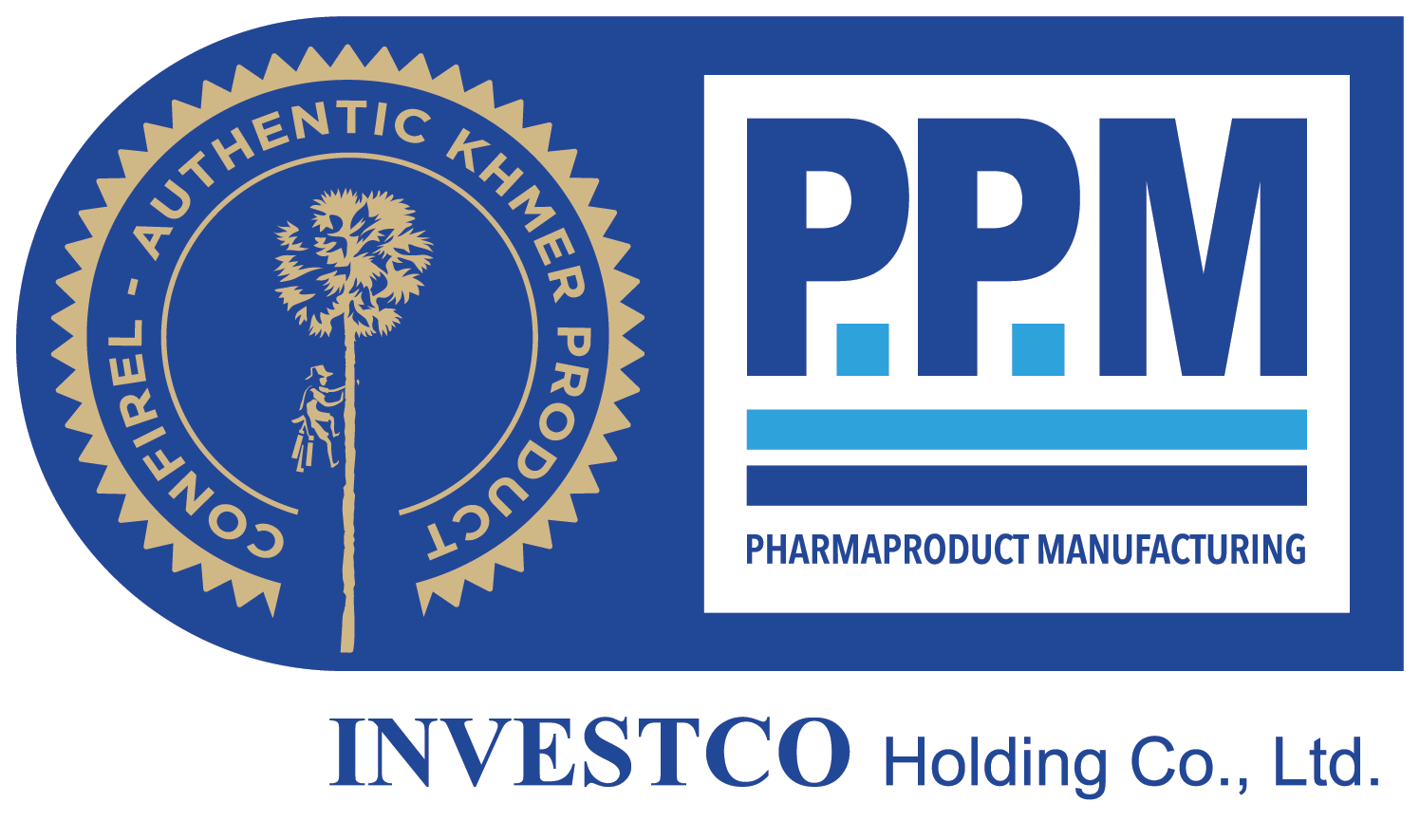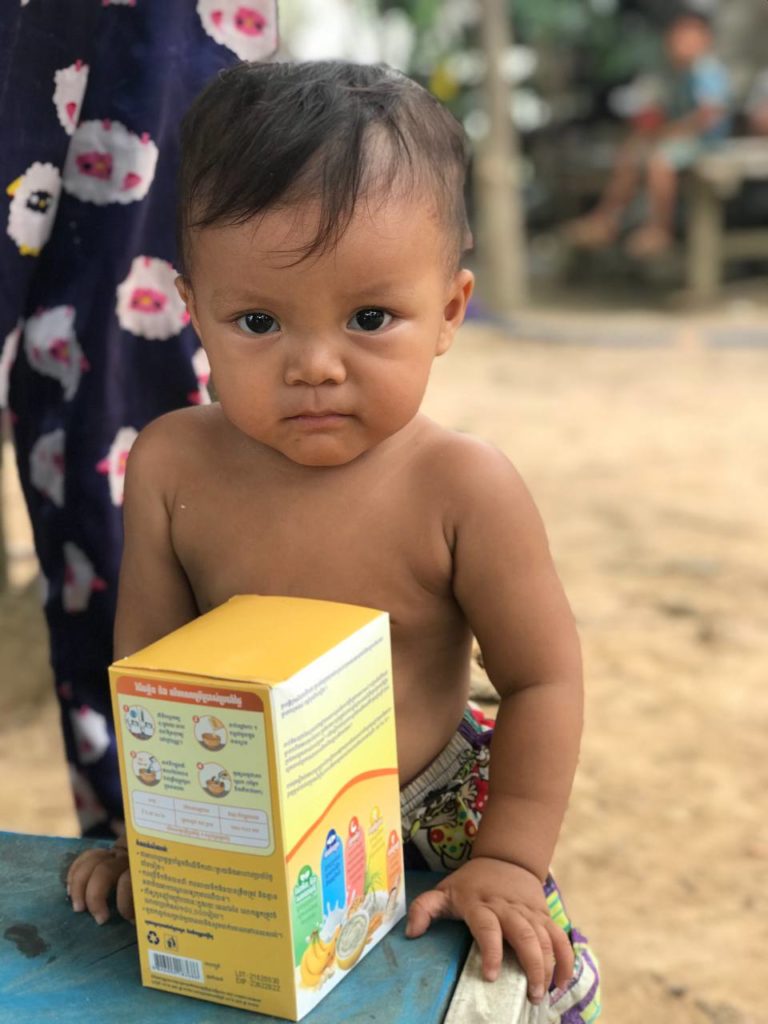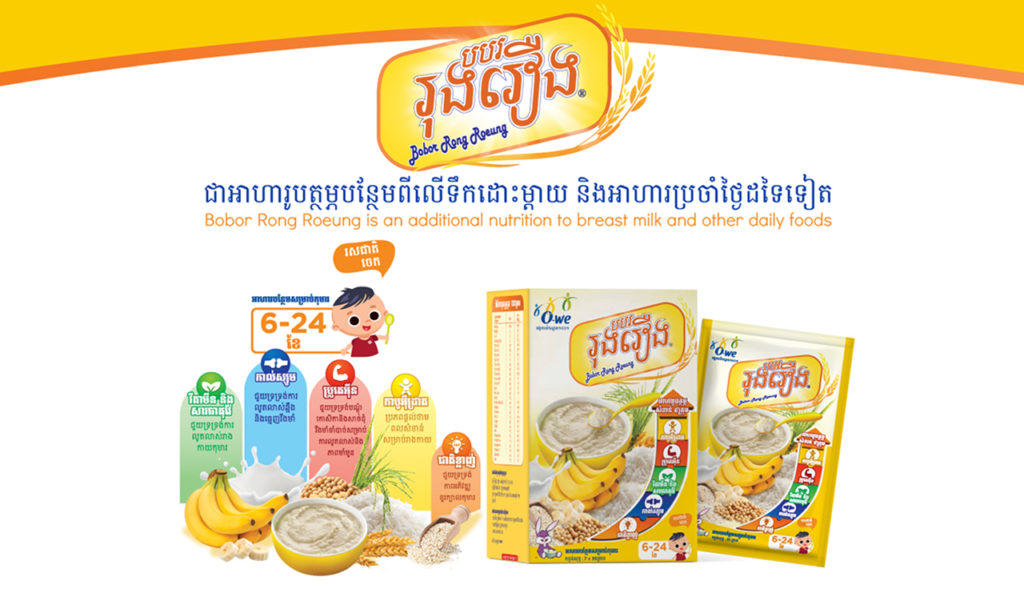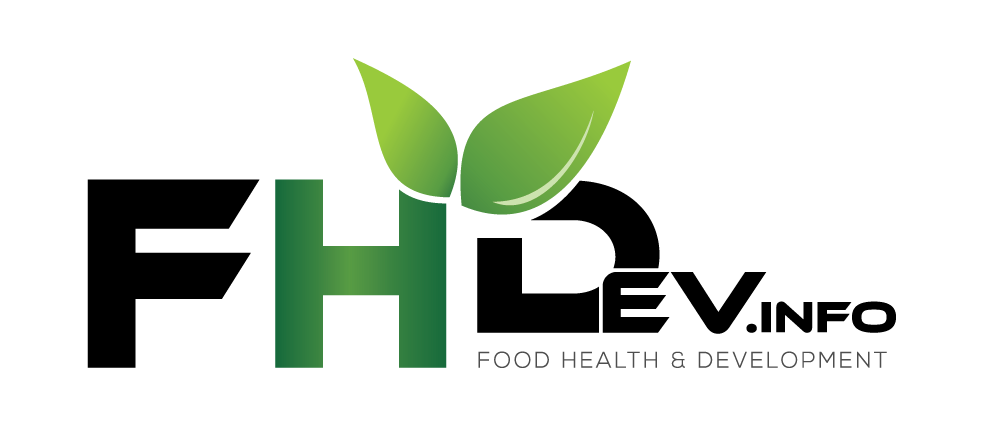


O’We Ladies and Bobor Rong Roeung against rural malnutrition
Publish date: 14 July 2021 / Food
Developed in 2011 by the PPM-Confirel Group with the support of GRET as part of the NutriKhmer program to fight against child malnutrition in Cambodia, Bobor Rong Roeung is a food supplement that contains all the vitamins and nutrients necessary for good growth in children from 6 to 24 months . It was especially designed to be accessible to low-income families. To strengthen its penetration in rural areas, the PPM Group – Confirel has joined forces with the NGO Teuk Saat-1001 Fontaines, which runs and supports a network of kiosks distributing drinking water at an affordable cost for the poorest in the provinces of the Kingdom . Still at the pilot project stage, this strategy, supported by Danone Cambodia and Danone Communities , will have the O ‘WE Ladies as its backbone .
O’we is the brand under which the water produced in the 300 kiosks scattered throughout the Cambodian countryside is marketed. Concretely, through a pump and a running water system, river water is collected, stored in a tank, filtered (sand filter, carbon filter, microfilter), and finally disinfected using a UV lamp. This process eliminates all bacteria to produce drinking water of consistent quality. The water, which meets the quality standards set by the WHO, is then poured into 20-liters sterilized vessels and ready to be consumed. The NGO provides the bottle free of charge to beneficiaries as well as the first twenty refills. Then the price of a refill is only 1800 riels for 20 liters.
The kiosks belong to the commune where they are located, and their management is granted to the inhabitants – an average of three people per unit for the production and distribution – which enables them to generate income. The addition of the distribution of Bobor Rong Roeung to the kiosk activity aims, for Teuk Saat 2001, to generate greater gains while strengthening their social vocation of decentralized access to products – drinking water and food supplements – intended for to improve the health and hygiene of life of underprivileged populations.
“For now, our ‘kiosk managers’ are essentially in charge of the production and distribution, but lack the knowledge to develop their market, especially when it comes to educating people about good food consumption practices and health. In order for the Bobor Rong Roeung project to work, we had the idea of recruiting ‘O’we Ladies’ to take charge of this part of the work which will be carried out largely with young mothers”, explains Frédéric Dubois, director of Teuk Saat in Cambodia.
Exclusively dedicated to the promotion of the Bobor, these “O’we Ladies” would then become, if the experience is conclusive, the commercial interface between the social micro-enterprises that are the kiosks and their rural customers. Confident, Teuk Saat 2001 thinks that the “ O’WE Ladies ” could reach 300 within 18 months.
Originally intended to fight against malnutrition in the countryside, the Bobor Rong Roeung is thus associated with the strengthening of a decentralized network of health services for the populations. The PPM-Confirel Group can only rejoice by this outcome.




